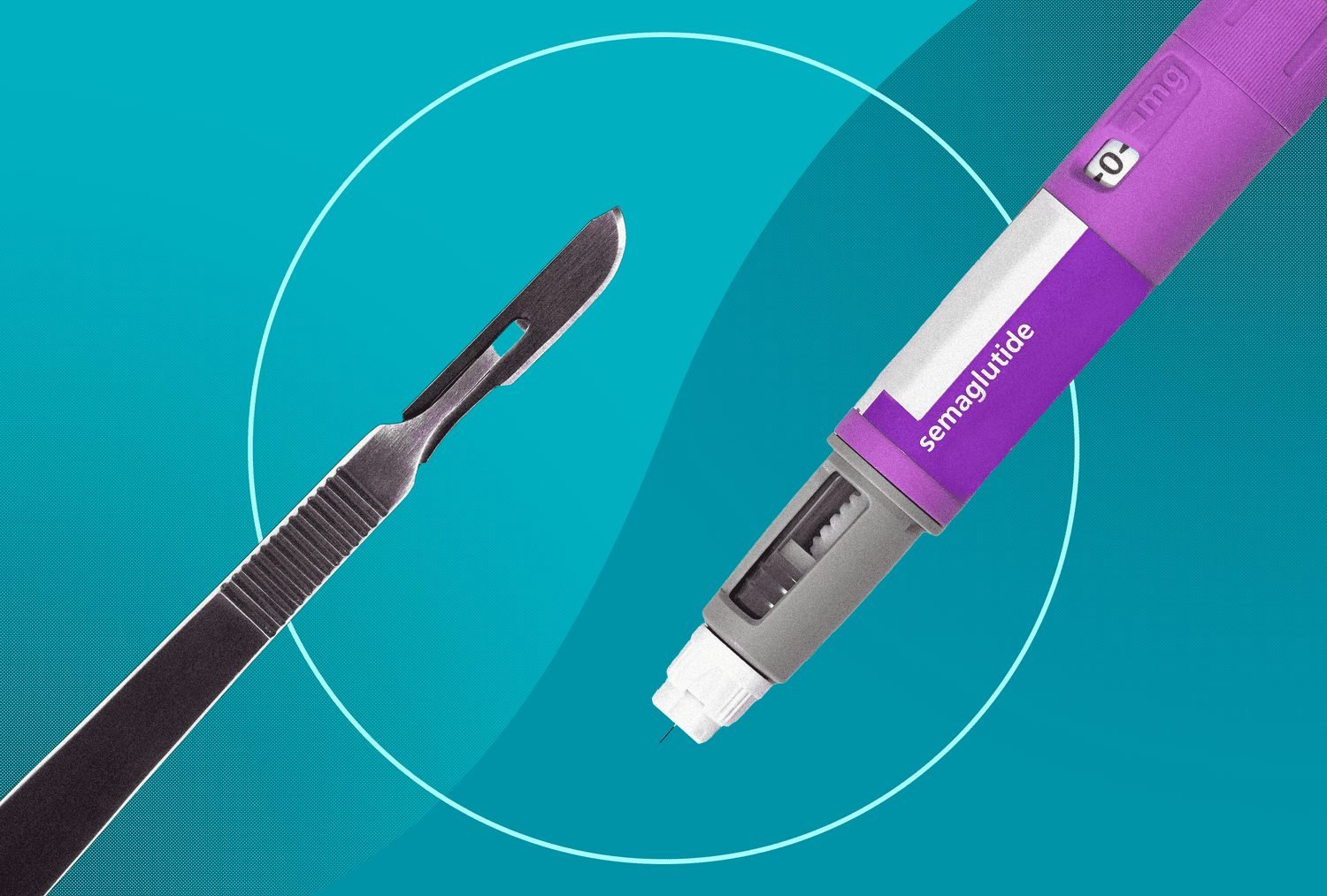Following weight loss surgery for obesity, people are often excited to get on with a new exercise routine. Understandably, they are excited and ready to embrace new healthy habits which is a great start. However, there are many aspects of commencing exercise after any abdominal surgery that we must take note of, in order to avoid unwanted side effects and injuries.
Why is Exercise Important for Weight Loss?
Exercise is important for weight loss because it burns calories and helps increase muscle mass. It also helps boost metabolism and increase cardiovascular fitness. Regular physical activity can also help decrease the risk of chronic diseases such as heart disease, diabetes and certain cancers. Additionally, exercise can help improve mood and reduce stress.
Risks of unsupervised and unaccustomed exercise after abdominal surgery
There are several risks associated with unsupervised exercise after abdominal surgery, including:
1. Wound complications: Engaging in vigorous physical activity before the incision has fully healed can lead to wound dehiscence, which is the separation of the surgical incision.
2. Hernia: Abdominal surgery can weaken the abdominal muscles, which increased the risk of hernia formation. Engaging in heavy lifting or other high-impact activities too soon after surgery can put undue stress on the abdominal muscles and increase the risk of hernia.
3. Adhesions: Excessive movement of the abdominal organs before they have fully healed can lead to the formation of adhesions, which are abnormal bands of tissue that can cause abdominal pain and bowel obstruction.
4. Nausea and vomiting: Vigorous physical activity too soon after surgery can cause nausea and vomiting.
5. Fatigue and weakness: Engaging in too much physical activity before the body has fully recovered can lead to fatigue and weakness.
6. Exacerbation of pre-existing conditions: In you have any pre-existing medical conditions, unsupervised exercise may worsen them.
It is important to note that each individual recovery process is different and that it is important to check with your surgeon to understand what is best for your specific case.
It is always recommended to follow your surgeon’s advice and recommendations for when it is safe to start exercising. It is prudent to start slowly and gradually increase the intensity and duration of your workouts as your body adjusts.

Exercise after weight loss surgery – What do I need to know?
After weight loss surgery, it’s important to follow your surgeon’s recommendations for exercise.
First 6-8 weeks : In general, you should start with low-impact exercises such as walking, swimming or cycling and gradually increase the intensity and duration of your workouts as your body adjusts. This generally takes about 6-8 weeks.
8 weeks and beyond It is important to avoid exercises that put a lot of stress on your abdominal area, such as crunches or sit-ups, until your surgeon gives the OK. Also, you should avoid heavy lifting and high-impact activities for at least the first 6-12 weeks post-surgery.
Additional important bits
1. Stay well-hydrated before, during and after exercise.
2. Eat a balanced diet and get enough protein to support your healing and recovery.
3. Monitor yourself for signs of complication such as bleeding, infection or difficulty breathing and contact your surgeon if you experience any of these symptoms.
4. Check with your doctor or surgeon before starting any new exercise regimen after weight loss surgery.
5. I always recommend involving an exercise physiologist or a personal trainer who has a good understanding of the specific issues you may experience after weight loss surgery, while making an exercise routine for you.















